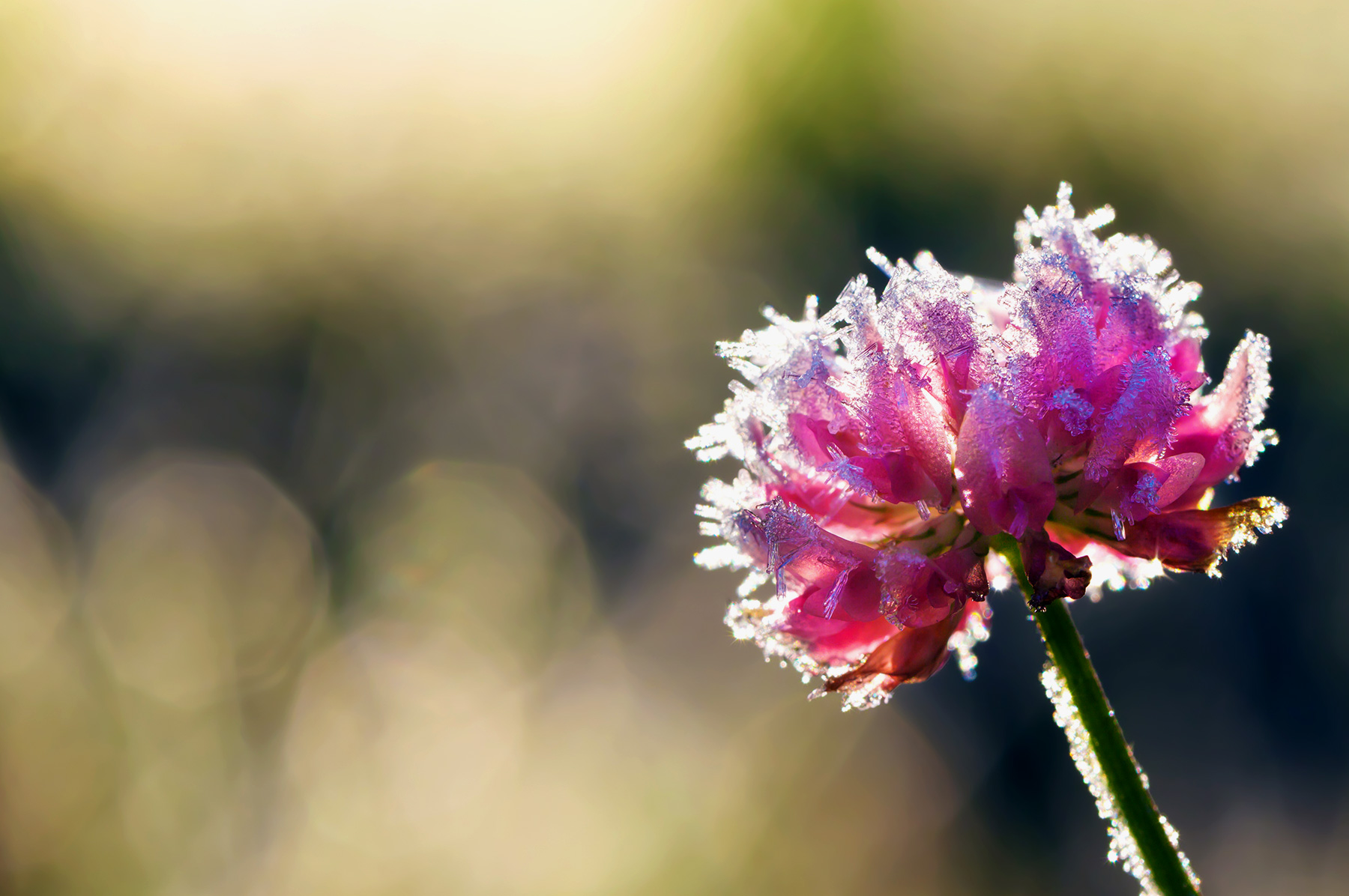
The weather has quickly changed from cold to freezing. It is time to make sure that your outdoor plants will survive the weather elements. Here are the top 2 ways to protect your plants from frost damage.
- Water the soil thoroughly around your plants; and
- Cover your plants.
The water holds the heat in the soil and then the cover traps the heat in the ground to avoid root damage. Wet soil holds heat better than dry soil. Cover your plants in the evening and then uncover when temperatures rise the next day. You can find most of these recommended covers right in your home: bed sheets, drop cloths, blankets, buckets, garbage cans, and plastic sheets (make sure plastic doesn’t touch foliage, put a sheet first). Be sure that the cover goes all the way to the ground and should be secured to not fly away or tip over. The whole idea is to trap the heat in the ground.
Here are 4 more ways to help preserve your landscape for spring.
- In the Puget Sound Area, we can get away with covering low plantings with straw mulch and then remove once the danger of frost has passed.
- You can also place an outdoor lamp in the interior of a small tree. Holiday lights on a tree can help too. These lights can emit enough warm heat to reduce frost damage.
- When designing your landscape, place sensitive plants close to the house so they have some shelter from the elements.
- For potted plants, place them on your porch, in your garage, or under your house crawl space to protect them from the cold, wind, and rain. Potted plants are much more sensitive to frost damage because the cold can get to the plant from all sides of the pot.
With proper nutrition, light, and water throughout the year, your plants will be established and stand a good chance of surviving a freeze. Covering plants before a freeze is not a guarantee but will definitely help the majority of your plants.
Don’t forget plants are resilient and can come back in the spring even if you think they are damaged. Always wait to do anything until spring to see if new growth is occurring in your plants.


